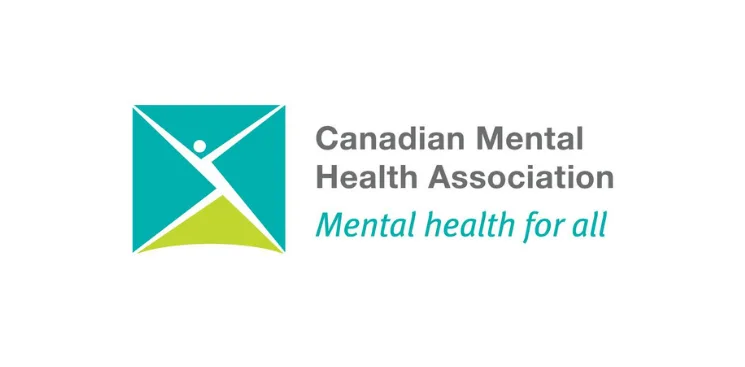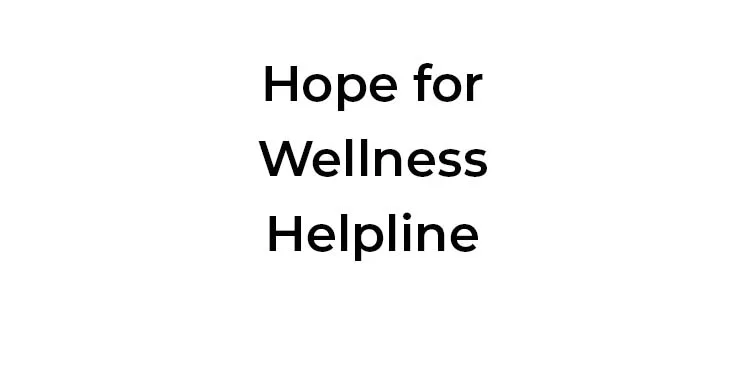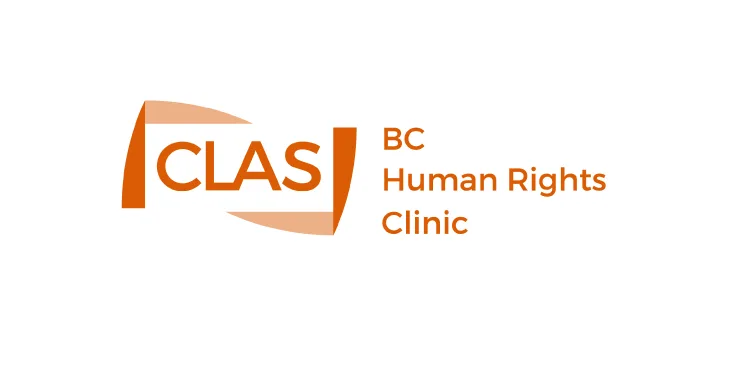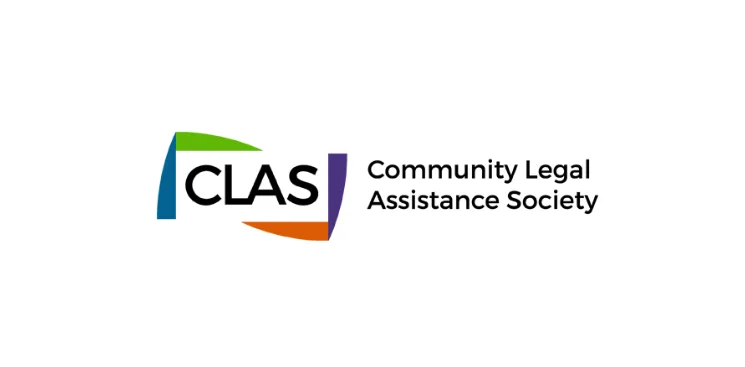
When I share information with a mental health professional, do they have to keep it confidential?
If you experience mental health issues, you’re likely to be in contact with the health care system. Learn your legal rights in relation to your health.
What you should know
Mental health issues are common. Experiencing them isn’t a sign of weakness or failure. Nor is admitting to experiencing them. In fact, it’s a strength that benefits you and others keen to support you. If you have mental health concerns, it’s okay to reach out for help. We list some options below, under who can help.
The law helps protect everyone from discrimination based on a mental disability. A disability is one of several protected characteristics under BC human rights law. If you have a mental disability, you can’t be treated badly or unfairly because of the disability.
This protection applies when you’re accessing health care services, such as visiting a hospital or doctor or other health care provider.
What is considered a mental disability
Not all mental health issues rise to the level of a mental disability. To qualify as a mental disability, your issues must interfere with your ability to perform significant functions on an ongoing basis. We explain this here.
If you have a mental disability
If you have a mental disability, health care providers can’t refuse to treat you because of your disability — unless they have a valid reason, such as not being qualified to provide the care needed.
In addition, health care providers can’t treat you badly or unfairly based on your disability. (Or, as explained here, based on any other protected characteristic, such as your race, sexual orientation, or religion.) For example, a doctor can’t treat you roughly or rudely based on your mental disability.
As well, health care providers must try hard to accommodate the needs of disabled people. This is called the duty to accommodate. Under it, they must take reasonable steps to adjust to your unique needs. We have more on the duty to accommodate here.
When you have mental health issues, you might meet with a mental health professional. This may include a counsellor, psychologist, or psychiatrist.
Your right to confidentiality
During your meetings, you’ll no doubt share information about your mental health issues. Your mental health professional has a legal obligation not to disclose this information to anyone else, unless you consent.
But this duty of confidentiality is not absolute. There are a few situations and laws that can override it.
For example, let’s say the mental health professional suspects child abuse or neglect. They have a duty to report it to the child protection authorities. Here's another example: if a mental health professional believes you or someone is at imminent risk of serious harm, they must report it to the police or warn the potential victim. In these situations, the duty to report trumps the confidentiality of the patient-therapist relationship.
Your right to access records
As the patient of a mental health professional, you have the right to access all information the professional has on file that was used in providing their services to you. The professional owns the actual records, but has to give you reasonable access to examine and copy them.
Note that this law, dealing with being admitted to a mental health facility, could affect your access to information. So could this one, which can come into play when someone is incapable of managing their affairs.
You might be wondering: does having mental health issues affect whether you can call your own shots? Will you lose the freedom to decide whether to rent an apartment, buy a car, or get married?
Whether you can make a legally binding commitment turns on whether you have the mental capacity to do so. In general terms, this boils down to whether you understand what you’re doing and appreciate the consequences of your actions. If you do, you’re seen to have the mental capacity to make legal commitments.
This includes such commitments as entering into a contract, getting married or separated, giving a gift, or making a will. Each of these has a specific test for mental capacity. But they share a focus on whether you understand what you’re doing and appreciate the consequences.
An example: making a contract
“Having turned 25, I felt I was ready to buy my first car. At a local dealership, I signed the paperwork for a used Audi. My mother found out and insisted the purchase shouldn’t stand — I have bipolar disorder and she argued I don’t have the mental capacity to buy the car.”
– N.R., Maple Ridge, BC

Is the contract N.R. signed valid? This turns on whether she had the mental capacity to make the contract. Here’s how a court might assess this. It would look at whether she had the ability to understand what the contract says and appreciate the consequences of her decision. It would ask: could N.R. form a rational judgment about the effect the contract would have on her legal and financial interests?
Let’s say N.R. has no savings or income. That would bolster her mother’s argument that buying the car wasn’t rational and that N.R. lacked capacity. Now let’s say N.R. has a steady income and could show a good understanding of her financial commitment. That would strengthen her argument that the contract should stand.
When someone lacks mental capacity
Where someone lacks the mental capacity to enter into a legal arrangement, a court can set the arrangement aside. Returning to the example above, if a court found N.R. lacked the mental capacity to buy the car, the contract would be invalid.
When someone can’t make important decisions for themselves
More generally, when someone can no longer manage their own affairs, this law can come into play. It allows someone to apply to court to be appointed as a person’s committee. This is a person or body (such as the Public Guardian and Trustee), that the court names to make personal, medical, legal and financial decisions. Here, learn how committeeships work.
A BC law called the Mental Health Act deals with when someone can be admitted to a mental health facility for treatment. Under this provision, someone age 16 or older can ask to be admitted to a mental health facility. Another provision allows people to be involuntarily admitted in certain situations.
If you are involuntarily detained in a mental health facility, you lose certain rights — like giving consent to treatment or leaving when you want to. If you want to leave, and your doctor won’t discharge you, you (or someone acting for you) can ask for a review of that decision. For more, see this coverage of hospitalization and mental illness.
You can get help if you’ve been detained
If you’ve been detained under BC's Mental Health Act (or are a relative of someone who’s been detained), you can get a half-hour of free legal advice through Access Pro Bono’s Mental Health Program.
Who can help
Mental health issues aren’t a sign of weakness. Nor is reaching out for help. If you are experiencing mental health issues, there are supports available.

Canadian Mental Health Association, BC Division
Provides mental health information, referral and support.

HealthLink BC, aka 8-1-1
A free, 24/7 provincial health information and advice phone line available in British Columbia.

KUU-US Crisis Line Society
Provides a 24-hour, First Nations and Indigenous-specific, culturally safe crisis support line.

Hope for Wellness Help Line
Provides mental health counselling and crisis intervention to Indigenous Peoples, 24/7.

BC Human Rights Clinic
Provides free assistance and representation to those who qualify for help with a discrimination complaint under BC law.

Community Legal Assistance Society’s Mental Health Law Program
Provides free legal representation for those who have been involuntarily detained in a facility due to mental health issues and have a hearing to review their detention.

Access Pro Bono's Free Legal Advice
Volunteer lawyers provide 30 minutes of free legal advice to people with low or modest income.

Access Pro Bono’s Everyone Legal Clinic
Clinicians provide affordable fixed-fee services on a range of everyday legal problems.

Lawyer Referral Service
Helps you connect with a lawyer for a complimentary 15-minute consult to see if you want to hire them.

BC Legal Directory
Search for a lawyer by community or legal issue. From the Canadian Bar Association, BC Branch.


